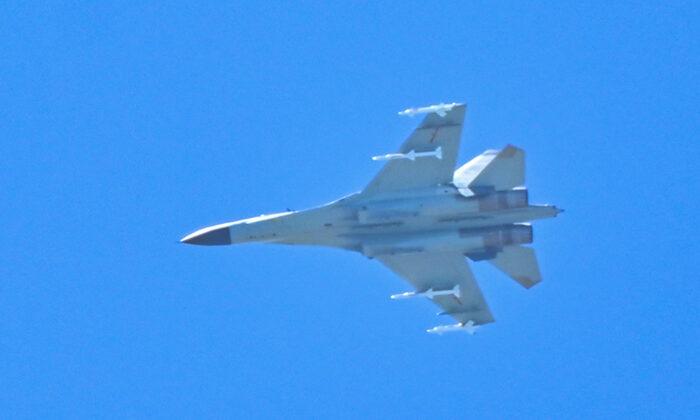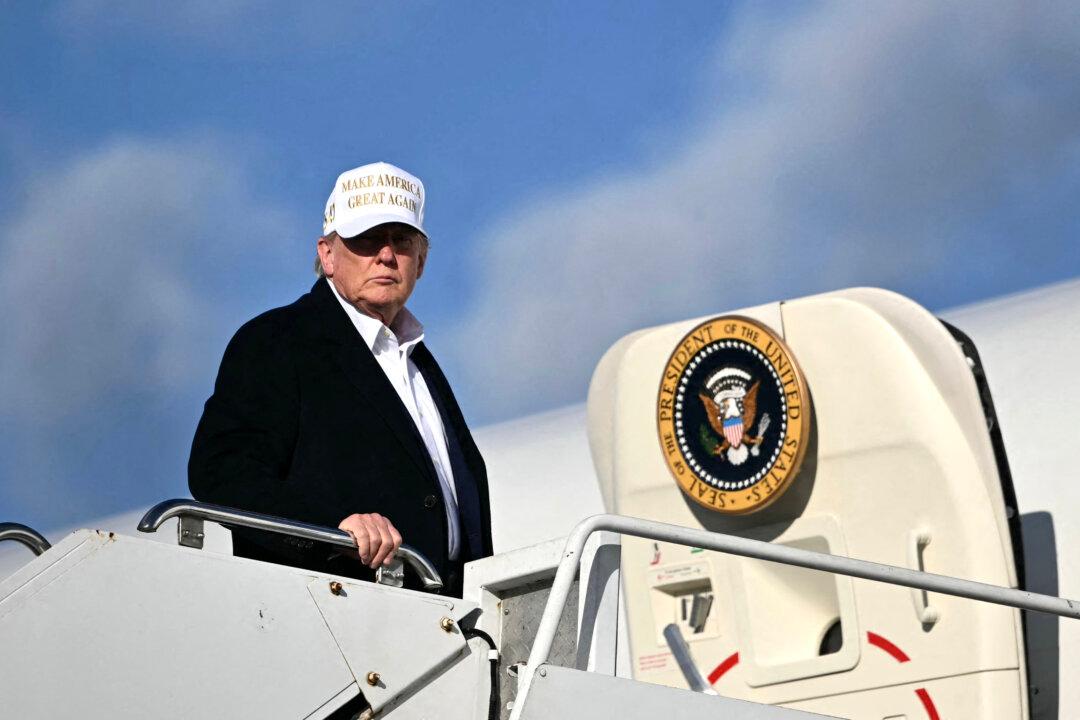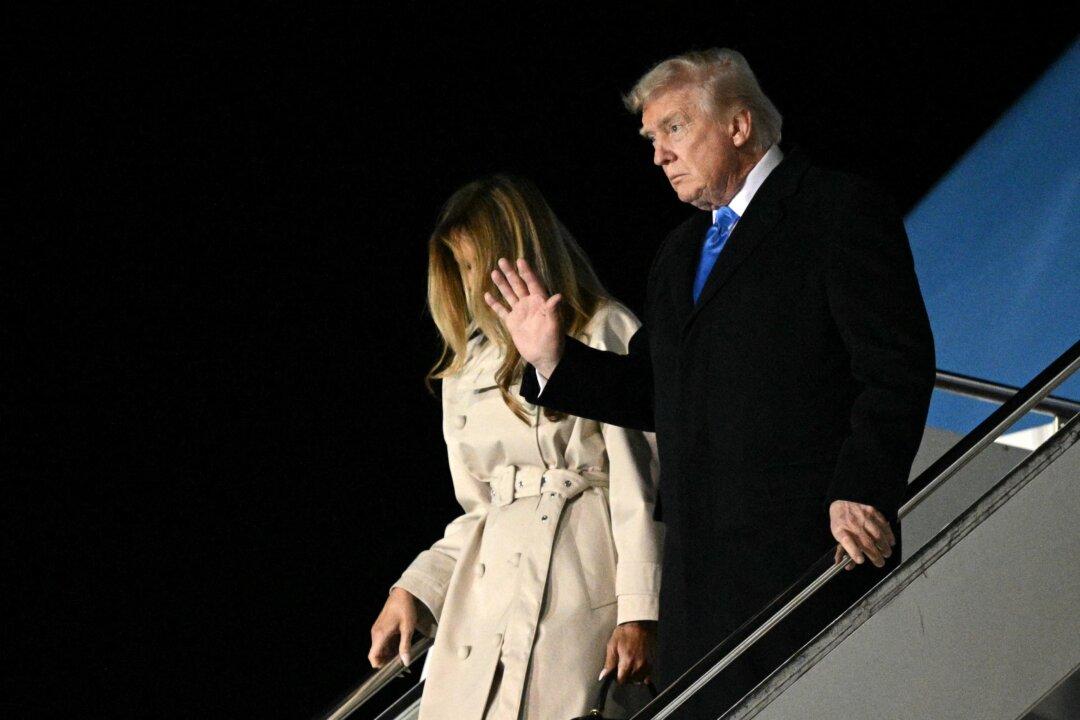Taiwan’s military on Jan. 6 deployed aircraft and naval vessels after detecting 17 Chinese military aircraft and three naval vessels around the island nation, as the Chinese Communist Party (CCP) intensified pressure on the self-ruled island.
The Taiwanese military responded by deploying aircraft, naval vessels, and land-based missile systems to monitor the CCP’s aircraft and vessels.
The ministry said it also detected 12 Chinese warplanes and four naval vessels surrounding Taiwan at 6 a.m. (local time) on Jan. 5, with four Chinese aircraft entering the island’s ADIZ.
The CCP claims Taiwan is a breakaway province that must be united with mainland China and vows to use military force to achieve this goal. Taiwan has been a self-governing democracy since the Chinese civil war ended in 1949 and has never been controlled by the CCP.
The CCP Silent On Taiwan’s Offer
Taiwanese President Tsai Ing-wen said on Jan. 1 that Taiwan would be willing to help China deal with the COVID-19 outbreak following the CCP’s abrupt U-turn on its zero-COVID policy last month. But Beijing has yet to respond to her offer.Victor Wang, chief of the Central Epidemic Command Center (CECC), said on Thursday that Taiwan is awaiting Beijing’s response on the aid it requires to tackle the COVID surge before proceeding with any offer of assistance.

The CCP abruptly abandoned its draconian zero-COVID policy last month as COVID cases surged and mass protests were mounting against the harsh restrictions on life in China. Throughout December, the Chinese media reported that the nation’s health services were overwhelmed by the rapid rise in cases.
Alex Tan, professor of international relations at the University of Canterbury, said it is unclear whether Taiwan can assist China in combating the COVID outbreak because the island is short on medicines.
“The Taiwanese would be able to [provide China] personal protective equipment. But I’m not quite sure whether in the medical side Taiwan would be able to help because they are also in relatively short supply,” he told Australian media on Jan. 2.
Tan added that Beijing is unlikely to accept Taipei’s offer and may impose preconditions that are difficult for Taiwan to fulfill.
“In the past, we’ve seen the PRC [People’s Republic of China] act that way, wherein it seems like they want to work with Taiwan, but then they create so many preconditions that make it very difficult for the Taiwanese authorities to accept because the offers [are] attached with some sovereignty issues and claims about ‘One China’ policy,” he said.





